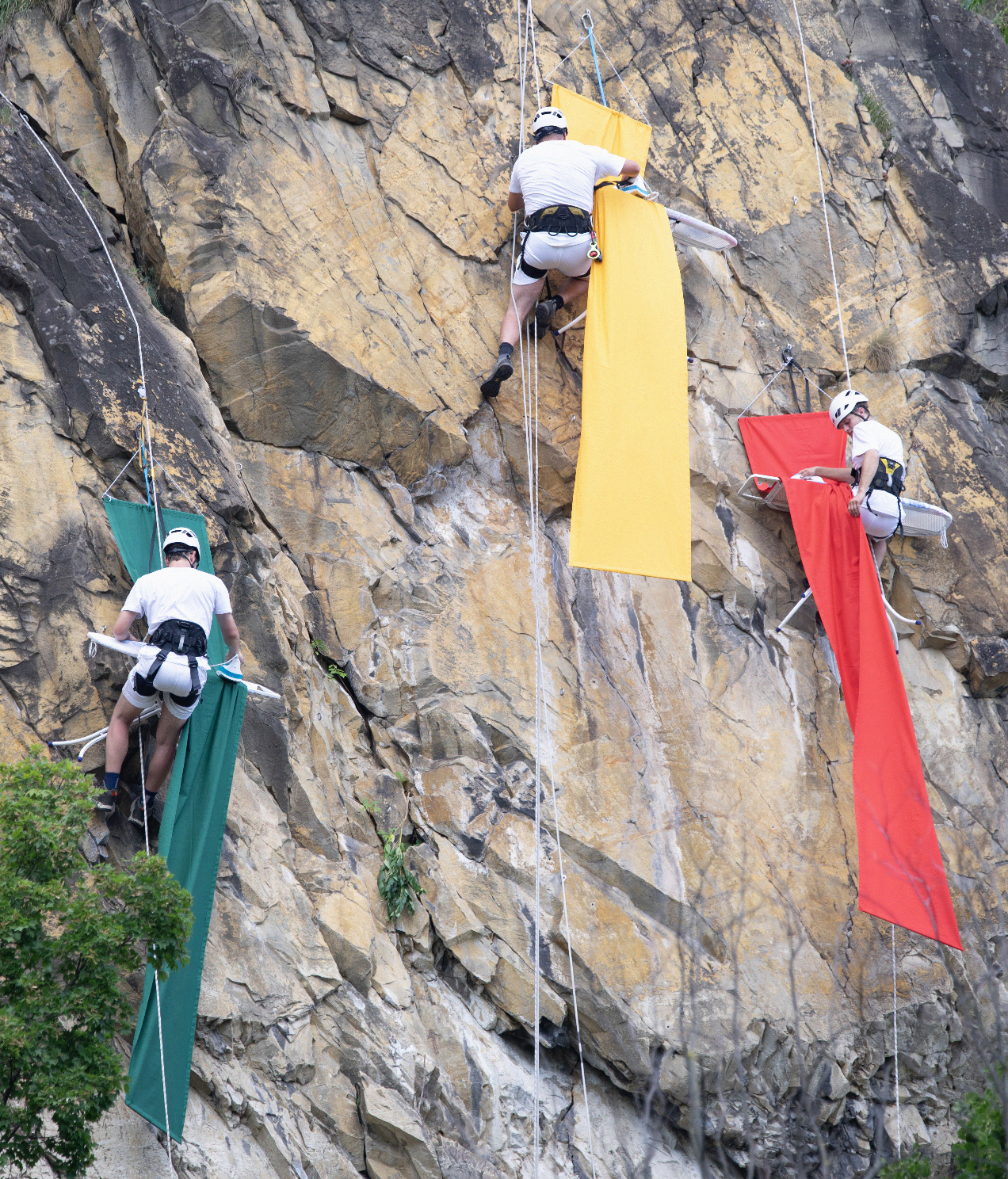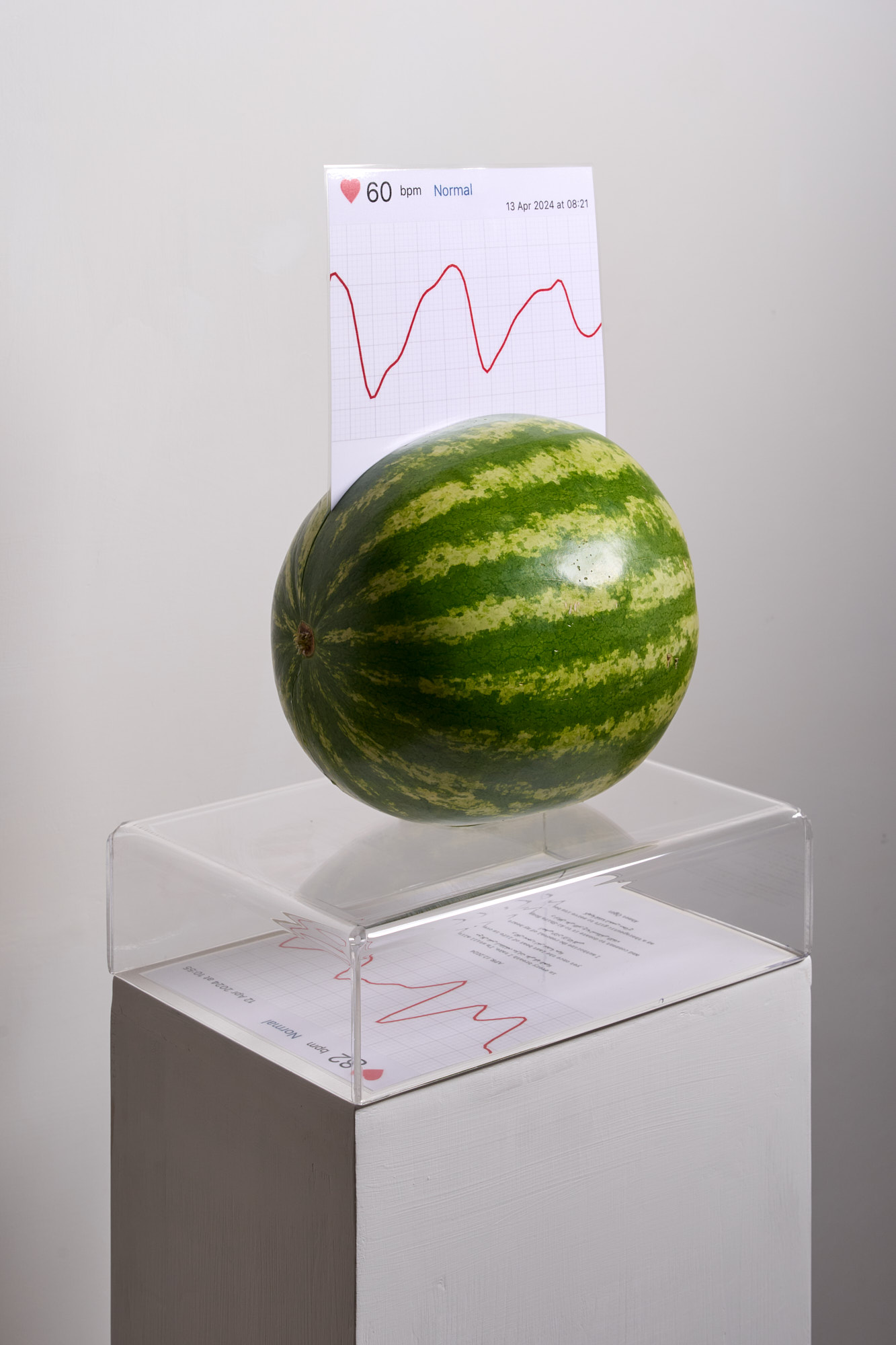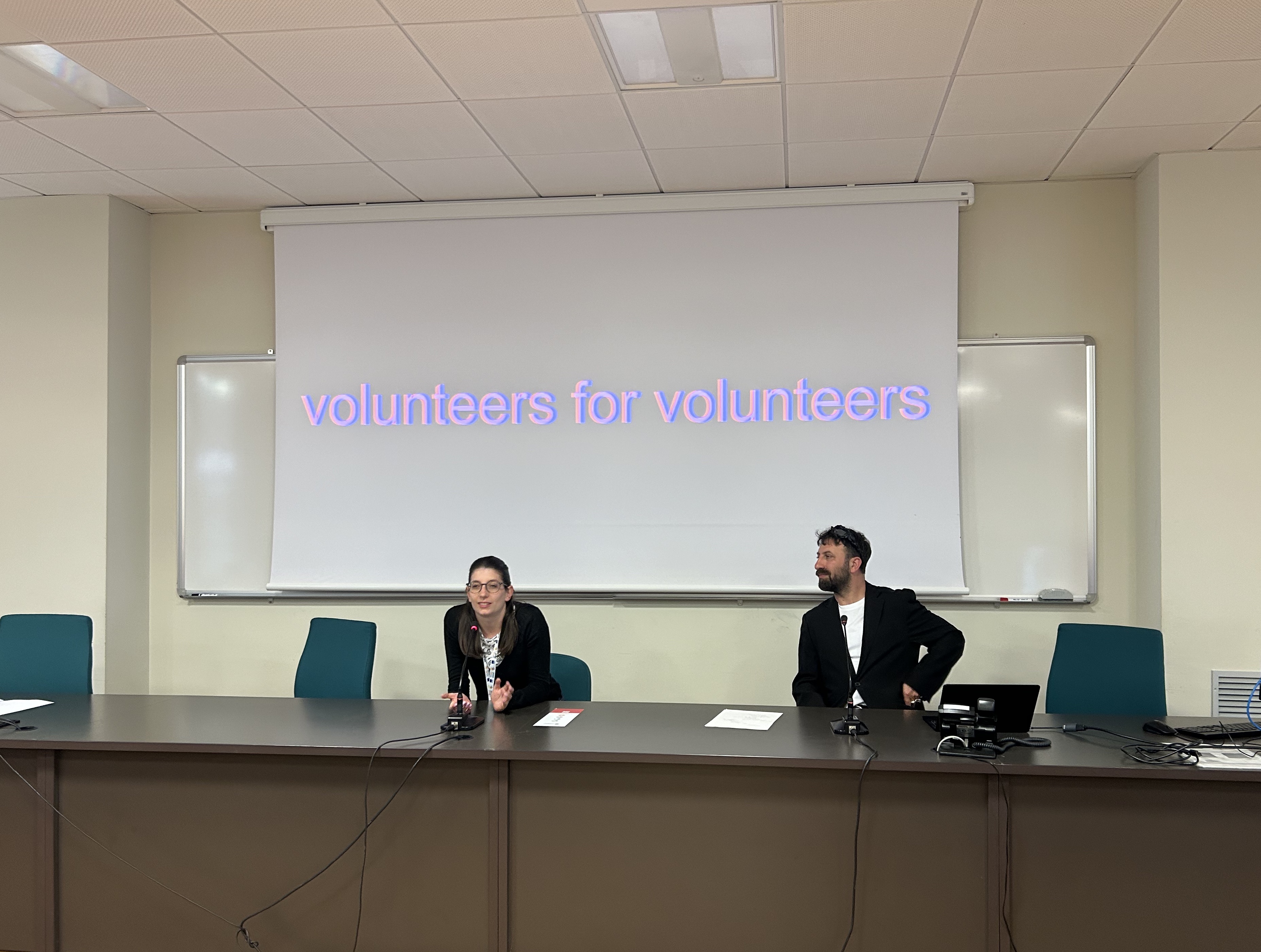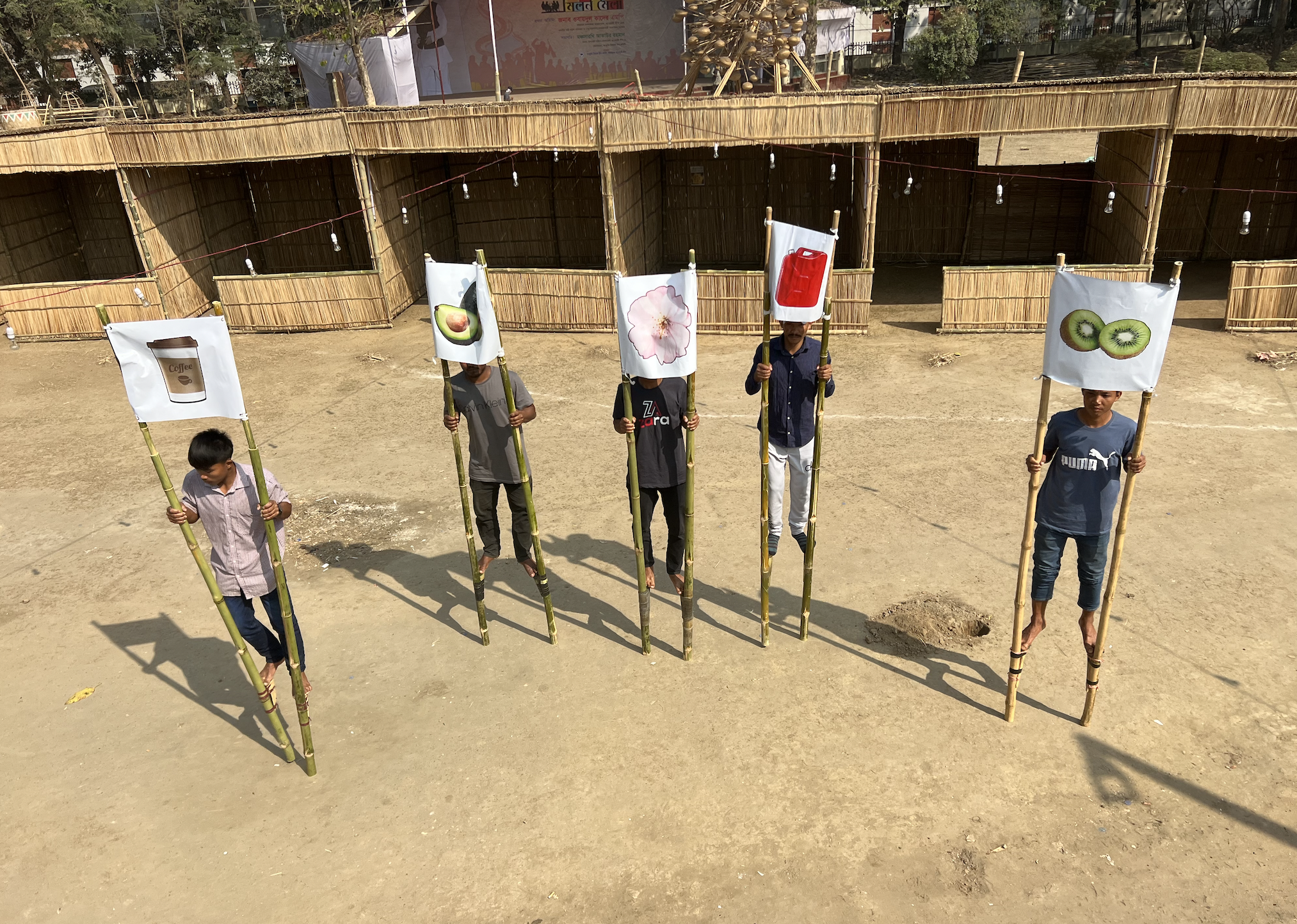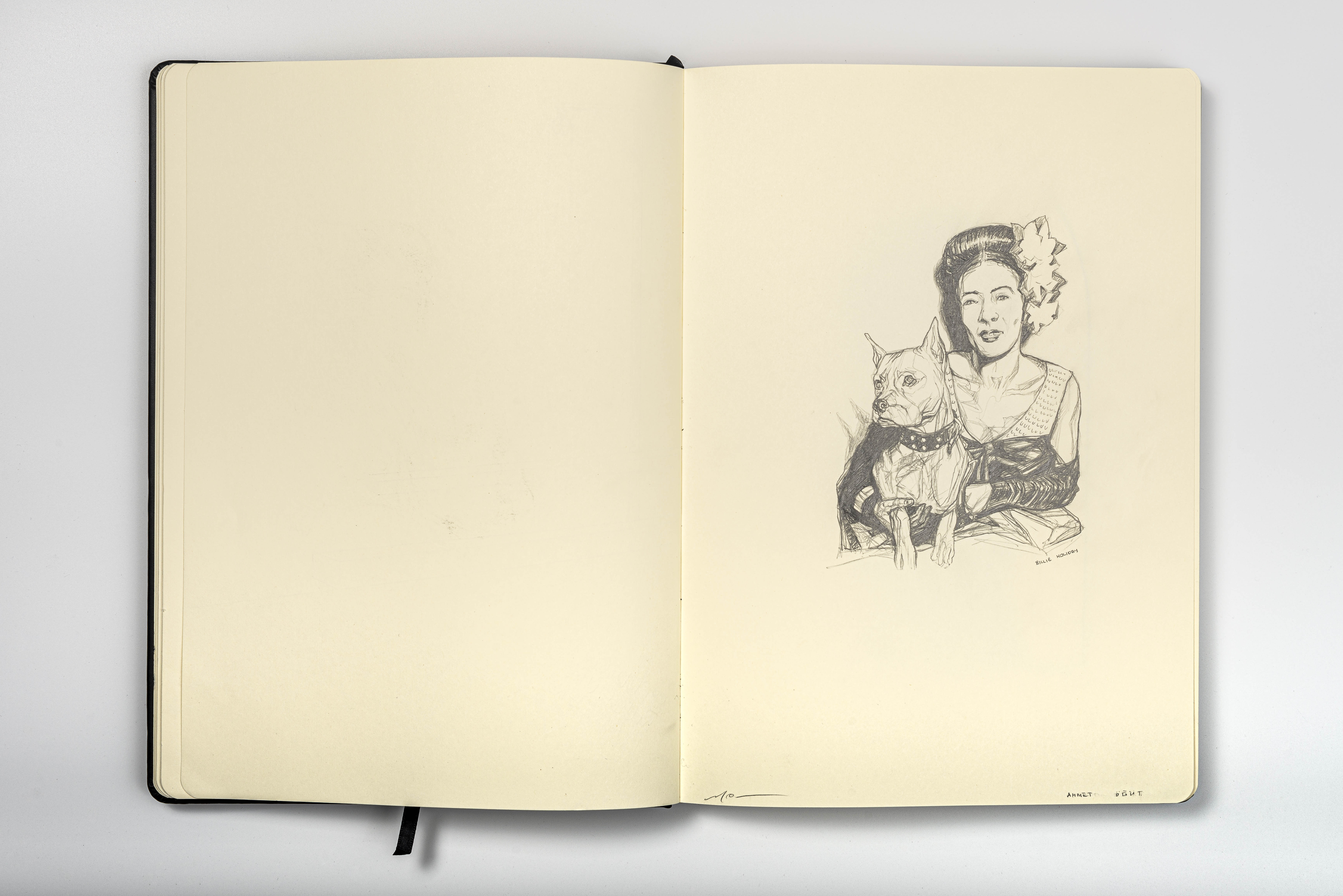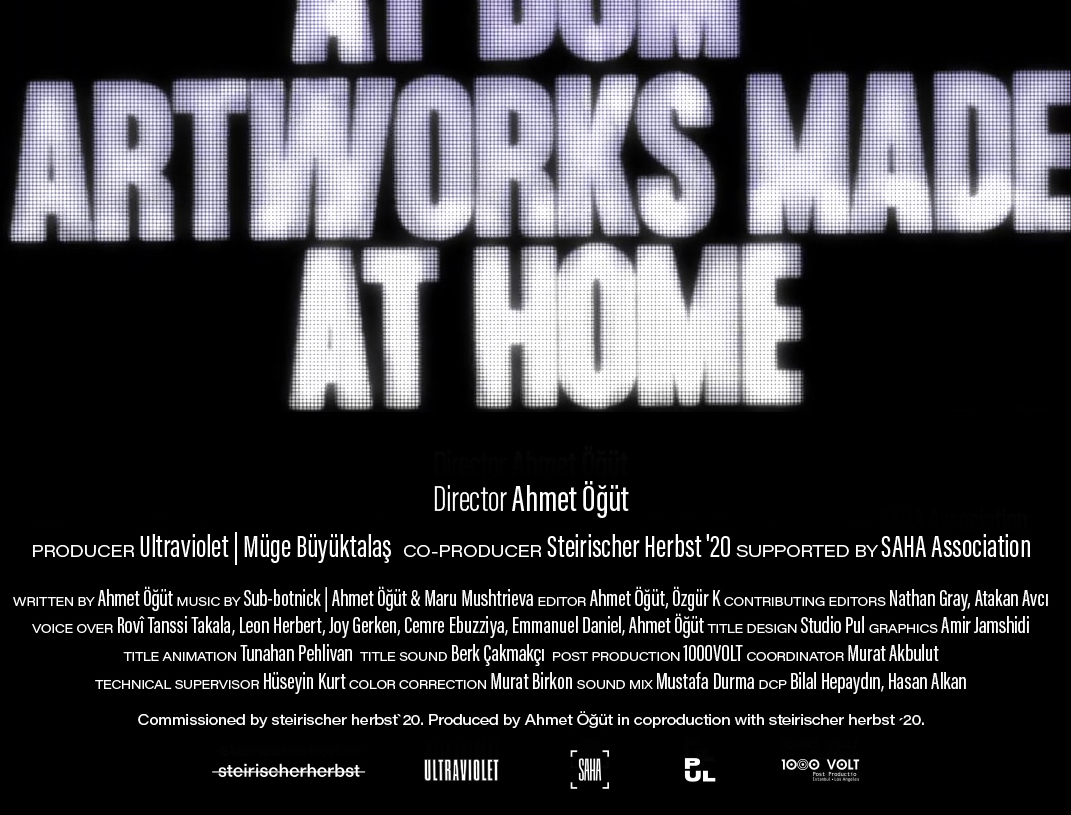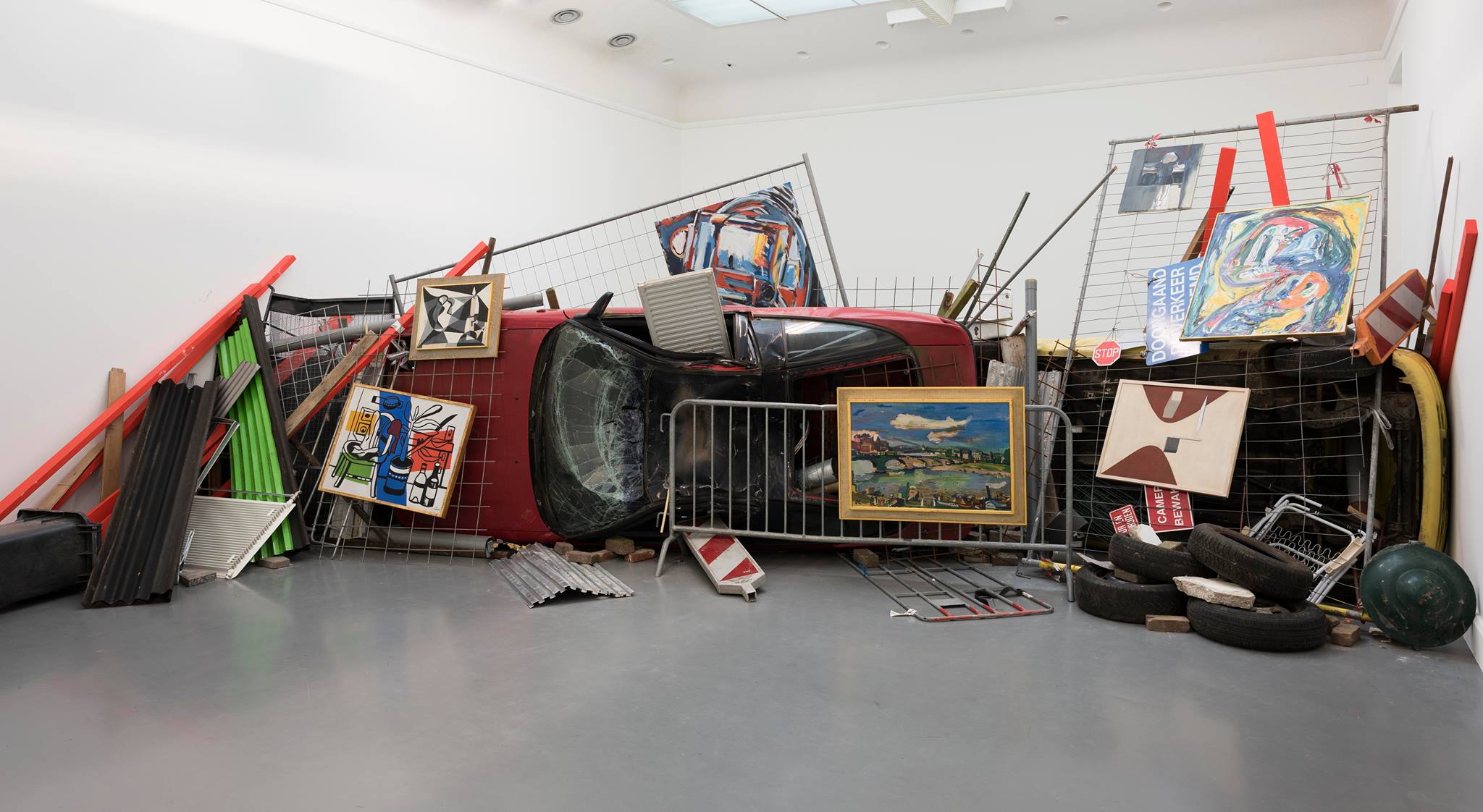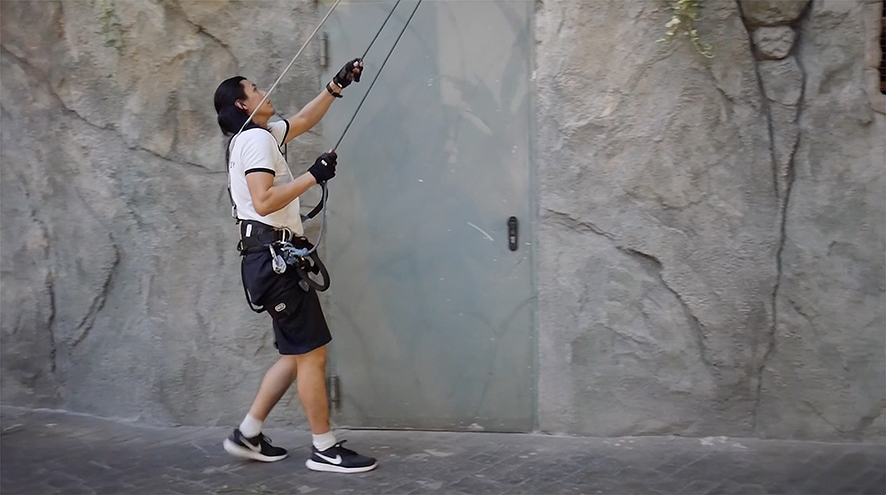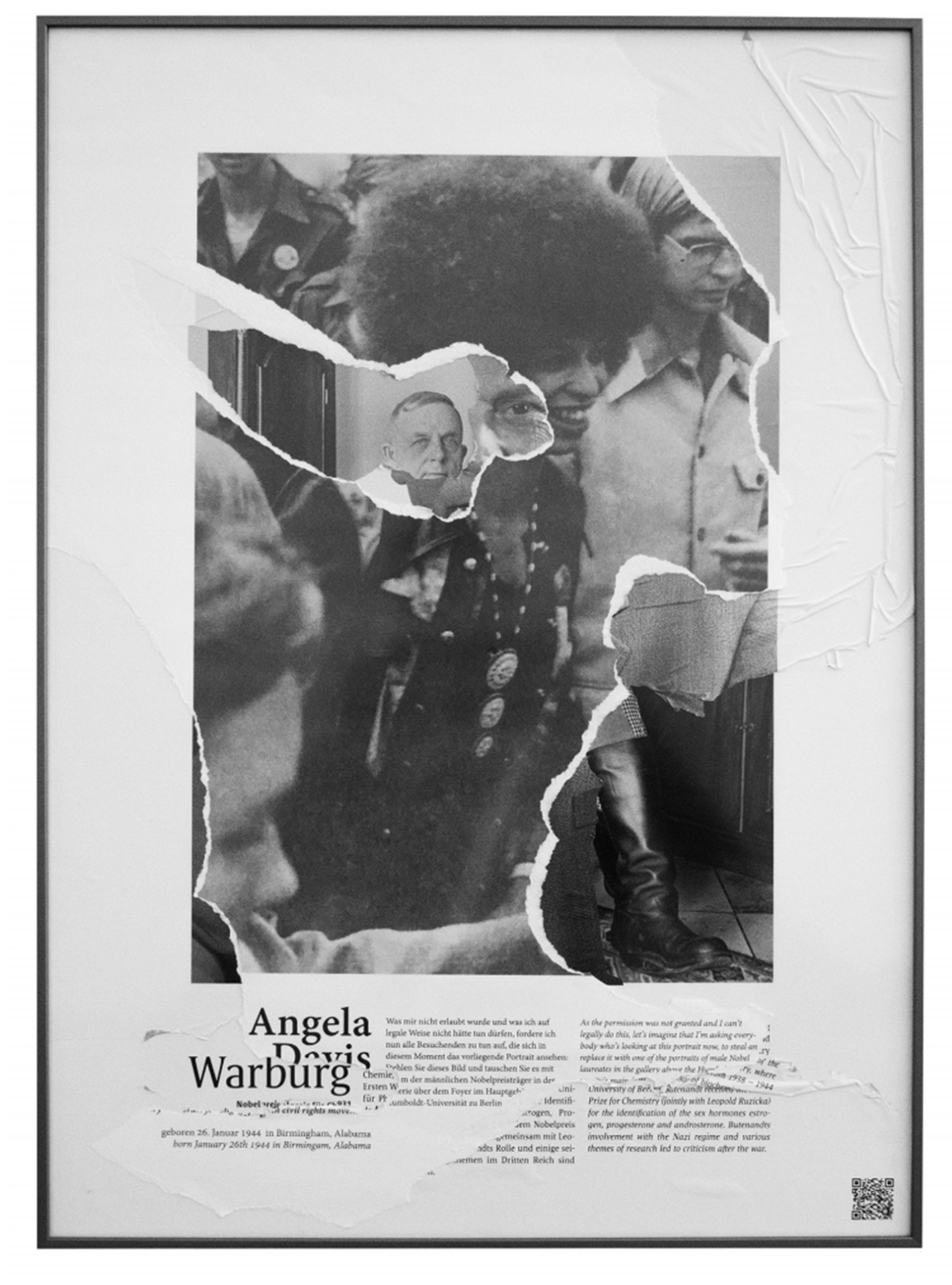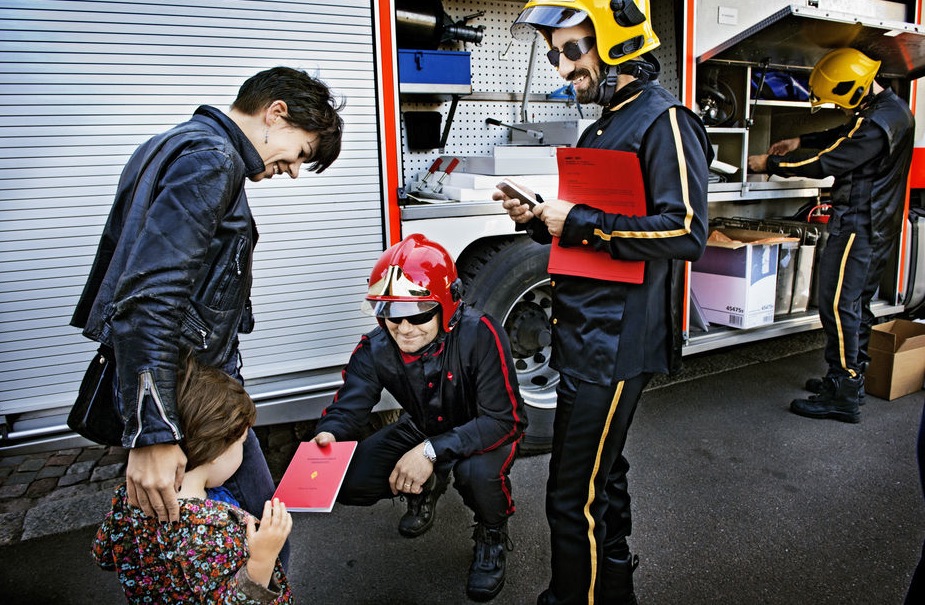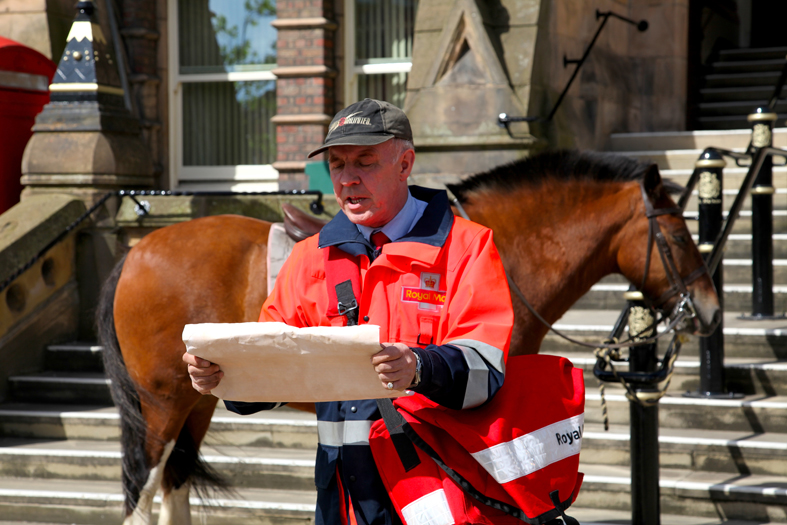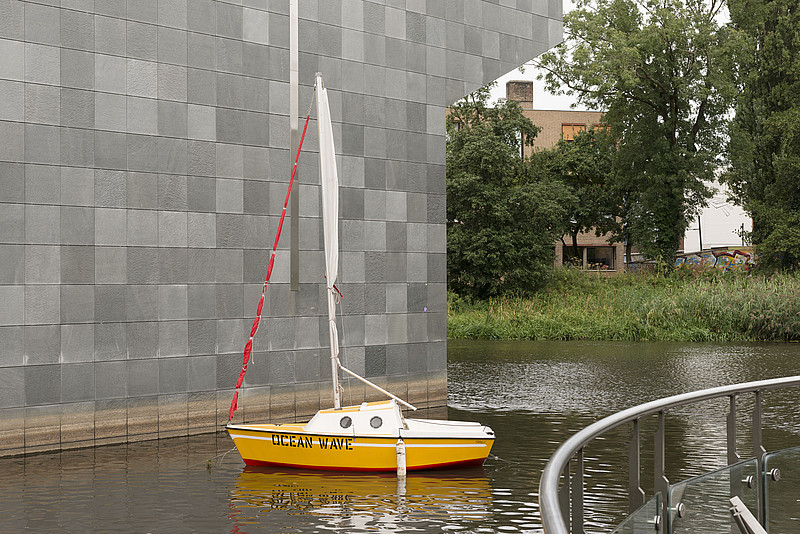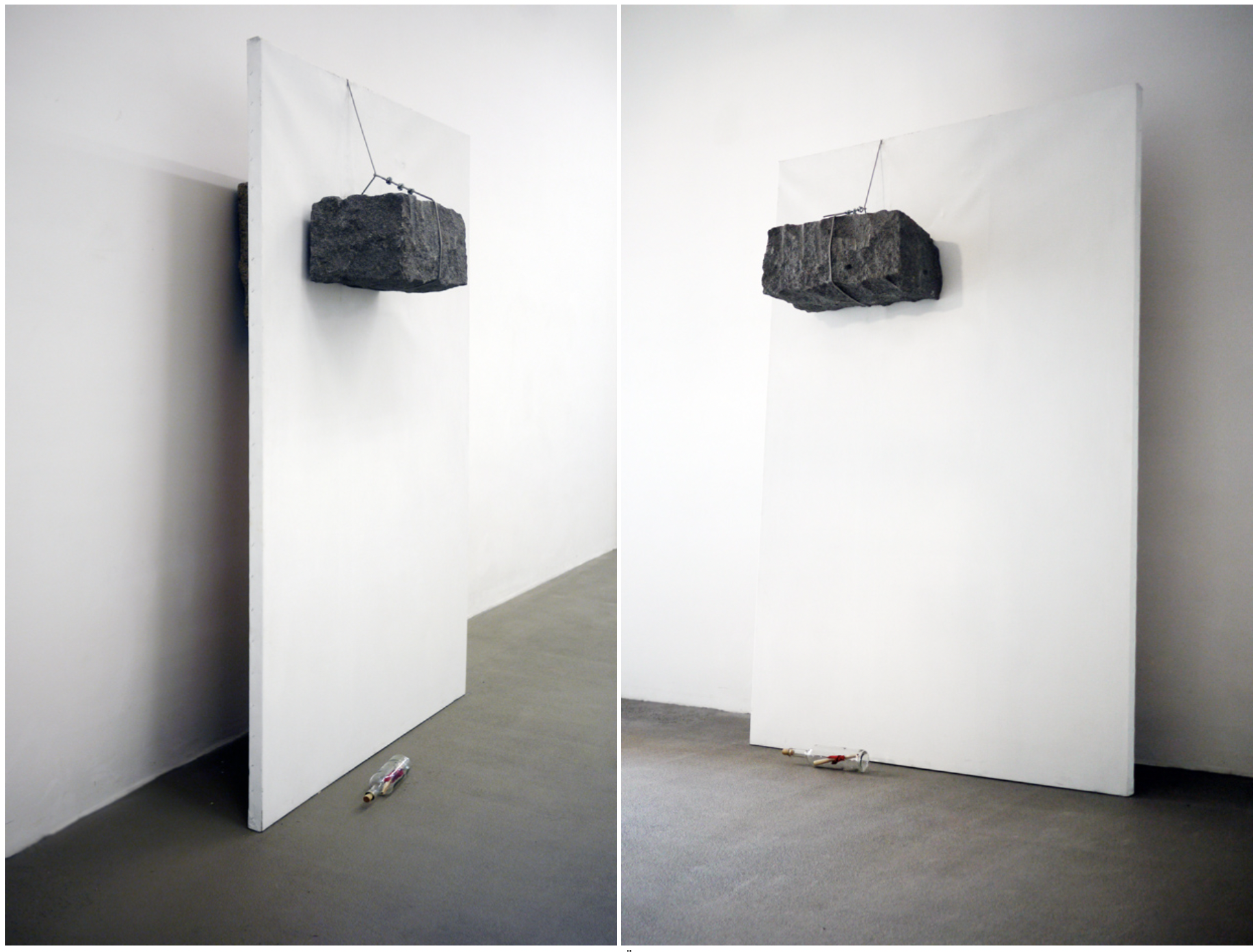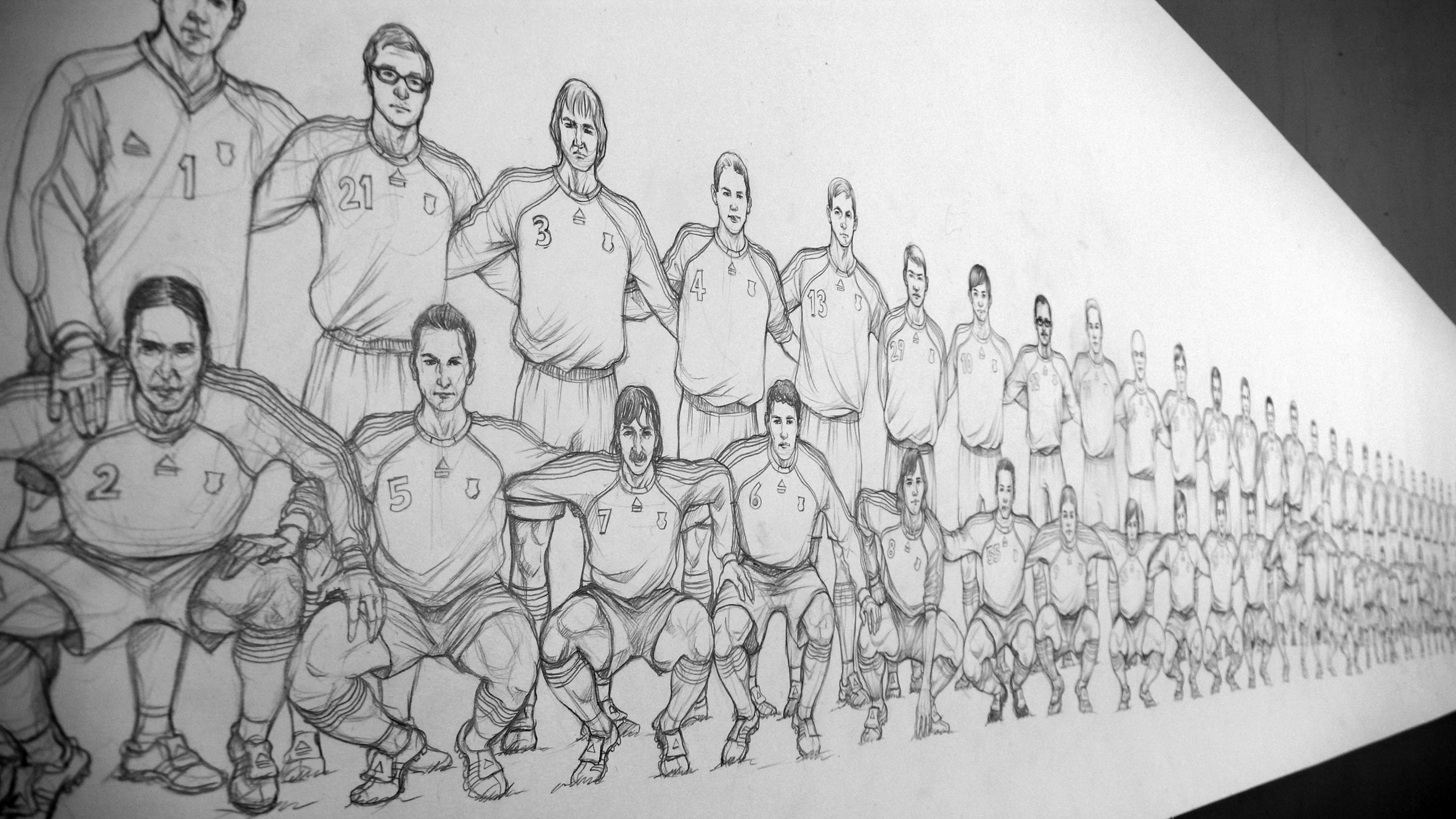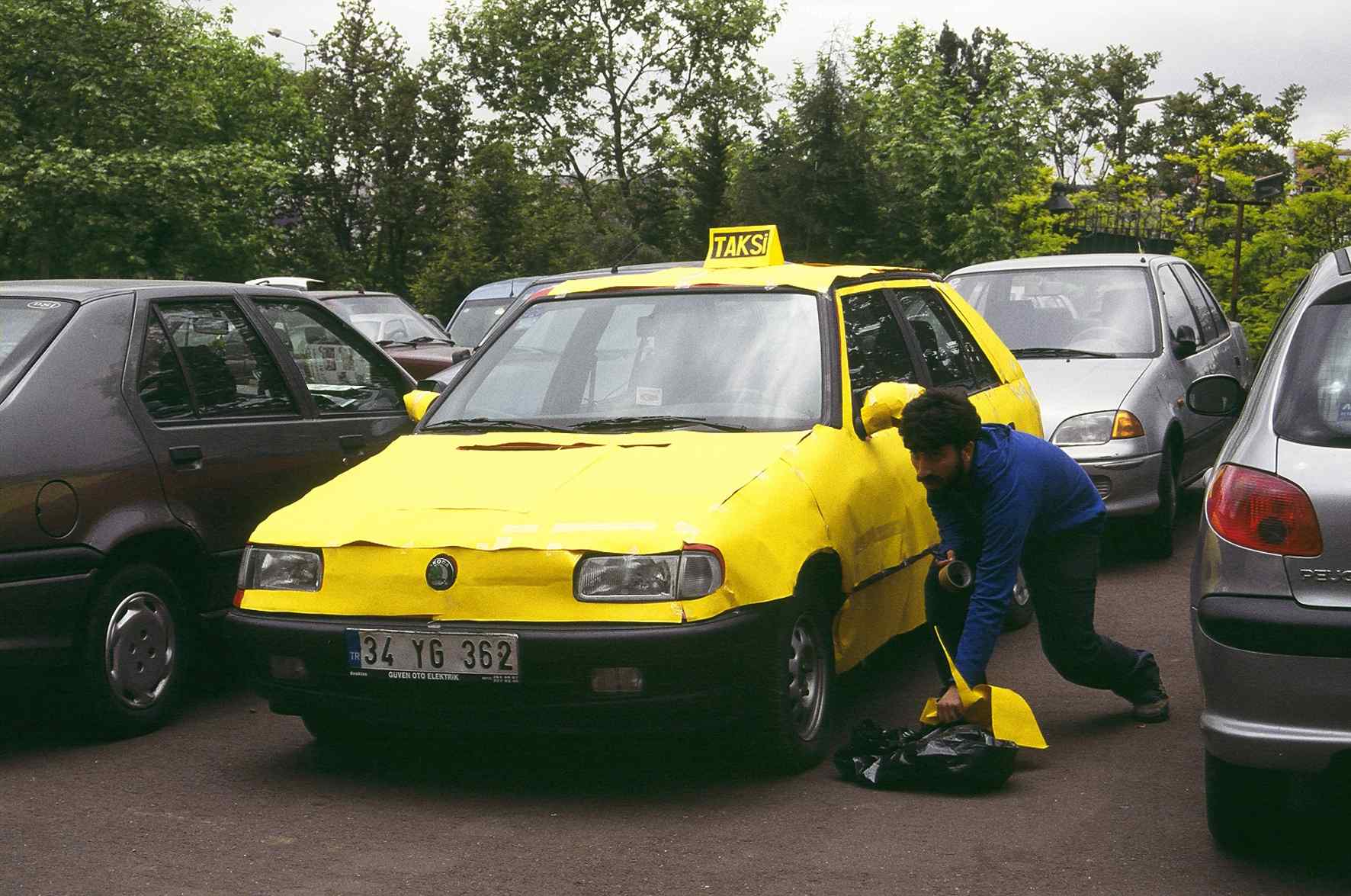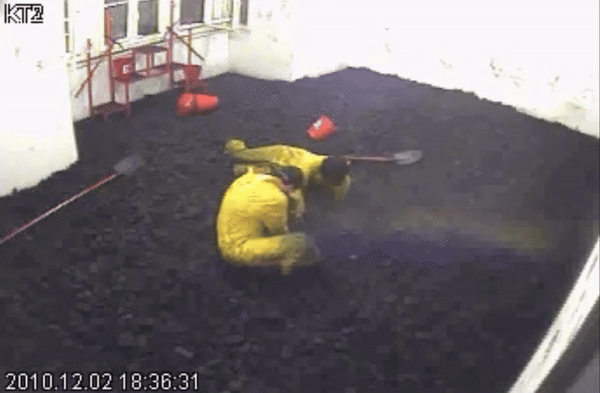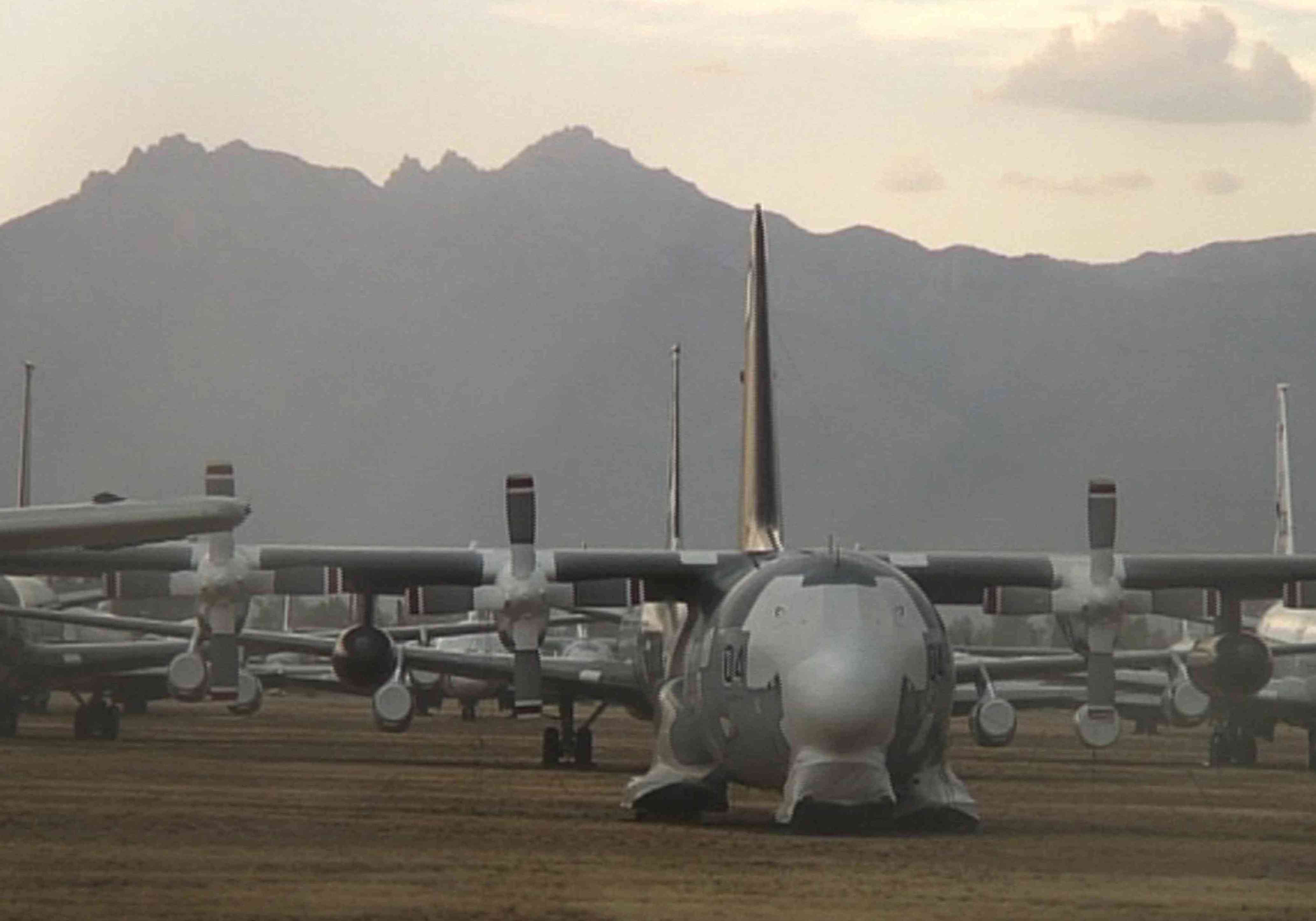
Things We Count
2008
HD video
Single-channel
6:20 min
courtesy of the artist
2008
HD video
Single-channel
6:20 min
courtesy of the artist
The film Things We Count (2008) pans slowly across the
retired fighter planes at an airplane graveyard in Arizona’s Sonoran desert, as a voice counts them one by one in Kurdish, Turkish, and English. The planes are monumental, but in their inertness, they are divorced from any sense of action or function, while the counting emphasizes their multiplicity. Together these factors conspire to nearly transmute the planes to the status of models, symbolic forms that gesture toward the action of fighter planes in tragically connecting countries through war and destruction. The counting, in the languages of faraway lands, also signals this contradiction of
connection and disconnection; reduced to the simplest unit of language—numbers— the voiceover will nevertheless not likely be comprehended by the listener across all the languages. And pointedly, the reality that we are interconnected, that countries
like Iran, Iraq, and the United States are so implicated with each other in politics and wars and conflicts, and yet do not share the collective understanding of something as simple as numbers, shows just how big and how small the world is simultaneously.
Elizabeth Thomas
retired fighter planes at an airplane graveyard in Arizona’s Sonoran desert, as a voice counts them one by one in Kurdish, Turkish, and English. The planes are monumental, but in their inertness, they are divorced from any sense of action or function, while the counting emphasizes their multiplicity. Together these factors conspire to nearly transmute the planes to the status of models, symbolic forms that gesture toward the action of fighter planes in tragically connecting countries through war and destruction. The counting, in the languages of faraway lands, also signals this contradiction of
connection and disconnection; reduced to the simplest unit of language—numbers— the voiceover will nevertheless not likely be comprehended by the listener across all the languages. And pointedly, the reality that we are interconnected, that countries
like Iran, Iraq, and the United States are so implicated with each other in politics and wars and conflicts, and yet do not share the collective understanding of something as simple as numbers, shows just how big and how small the world is simultaneously.
Elizabeth Thomas

